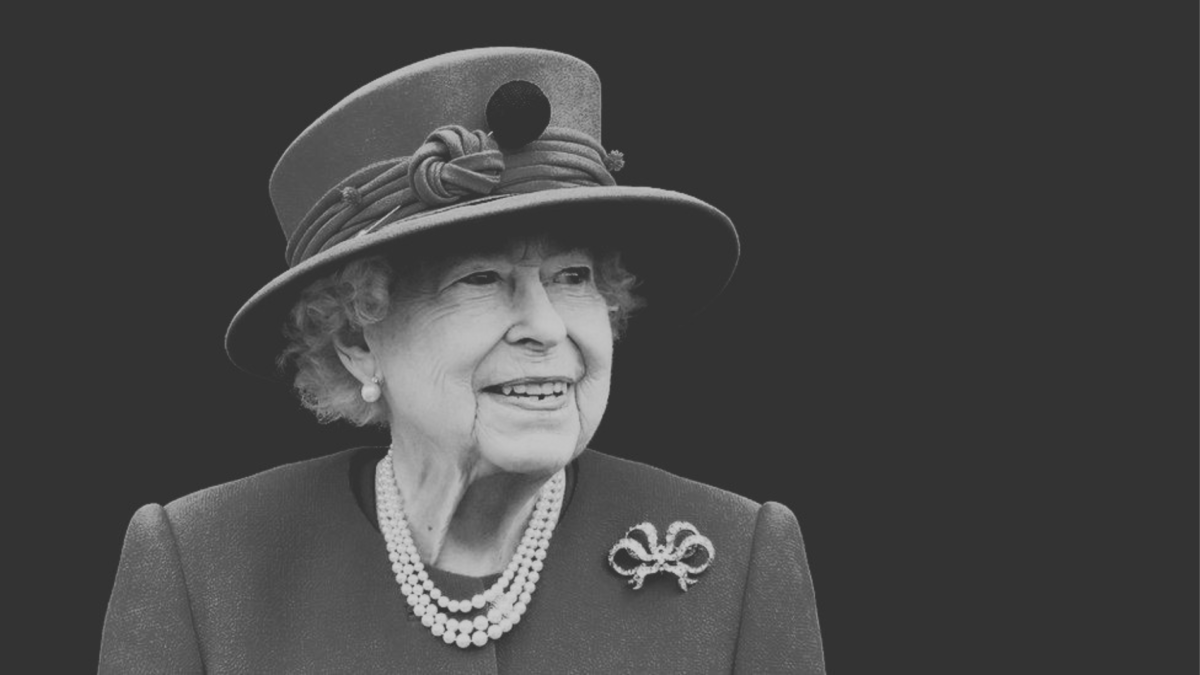From “Net Zero” to fossil fuel subsidies: how did we get here?
SUGGESTED



It is an unsustainable position that led the Opposition to call for a price freeze, a call now echoed in speculation about the new government’s energy package, which is rumoured to cost £170bn. This would be equivalent to some 3-4 times the cost of the pandemic furlough scheme, and nearly half of all the taxes ever raised from the North Sea.
The free market solution to high prices is to let the price mechanism work. As bills rise, demand falls, namely by roughly 20% for every 100% increase in the price of gas, and there is investment in new sources of supply. That includes not just gas, but also substitutes such as nuclear power and heat pumps. Prices would come down again, and the new energy system would be more resilient to a future shock. Where there is unavoidable hardship in the interim, we prefer targeted welfare for the least well-off, and tax cuts for the general population. On decarbonisation, we prefer carbon pricing to technology targets.
The central problem with price controls is that they distort the price mechanism, prolonging the crisis. The secondary problem is that they lead to calls for more controls. The UK domestic energy price cap has led to calls for a business cap, Scotland is considering fixing rents, and if energy today why not food and travel tomorrow? A third, less obvious problem is the direct contradiction with the government’s decarbonisation objectives. The freeze will distort investment decisions and encourage fossil fuel use.
A genuine energy price cap, meaning the Government effectively setting prices, cannot work. The UK imports around 50% of the gas it needs. Attempts to underpay would lead to blackouts and freezeouts as cargoes would be halted and domestic producers would sell their output abroad. The current cap is not a cap, but a mechanism for delaying change. It raises costs by eliminating price competition, forcing retail providers out of business, and putting the costs of bailouts back on bills. The new price freeze is similar but with a much longer delay. The difference between market and target prices, and any borrowing required to fund it, is imposed on future tax or billpayers, perhaps over 10-20 years.
The freeze can be implemented either by targeting wholesale prices or final bills. In both cases the Government underwrites trader or supplier losses, but only the former constrains some costs by reducing overpayments linked to wholesale prices, for example to renewables and nuclear power. Either way, the main result is a transfer of subsidies to energy companies, principally fossil fuel producers, given the dominance of gas in the mix. This happens directly, but also indirectly by encouraging additional consumption at the lower price. With the windfall tax in place, and no escaping imports, it also means that UK operators subsidise their international rivals.
The proposal, albeit unintentionally, directly contradicts the UK-led global agreement from COP26 to “accelerate efforts” to eliminate “subsidies for fossil fuels”, and Johnson’s 2020 statement that the UK would phase out overseas support. Whatever stance is taken on Net Zero, most of us would agree that subsidising the consumption of fossil fuels is a bad thing. It encourages over-consumption and slows down the transition to alternatives. Historically, this used to be a disingenuous debate in the UK, with environmentalists conflating allowances in a complex tax regime with discounts, in order to create the impression that fossil fuel producers were receiving subsidies. After the price freeze, this would actually be true. The UK would be aligned with the developing world using fossil fuel subsidies as a method of poverty relief.
How this interacts with the Climate Act and regime of ‘legally binding targets’ and ‘carbon budgets’ is unclear. The crisis has tested and exposed the real hierarchy of priorities in energy policy. Affordability trumps decarbonisation, and security of supply trumps both. But if that is true, and free-market environmentalists have often said it must be, on what basis are these targets law? Will we see climate activists suing the Government to raise prices using their own legislation? Will this force a more pragmatic conversation about what is possible?
It is a great irony that the Net Zero era – the era of “leading the world in tackling climate change”, of Parliament declaring “a climate emergency”, of politicians from all parties dancing around Greta Thunberg – may conclude with the largest package of fossil fuel subsidies in our history. But it is a direct result of ideological attempts to run down their supply before the alternatives are affordable or ready. Or, put differently: a direct result of the naïve belief that governments can buck the market.
1 thought on “From “Net Zero” to fossil fuel subsidies: how did we get here?”
Comments are closed.





Liz Truss so we are told is a classical liberal, yet it would seem that her first significant act as PM is to sanction one of the most egregious interventions in the market place since the 1970s (ex Covid). How quickly she sells her “principles” in exchange for votes! What next, apples and cheese producer subsidies? I’m dumbfounded by this madness.